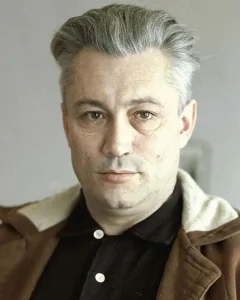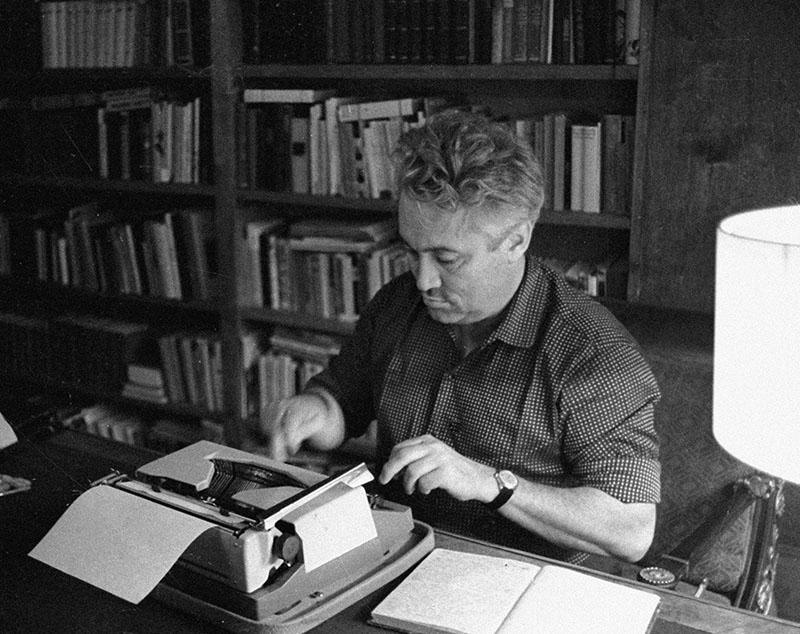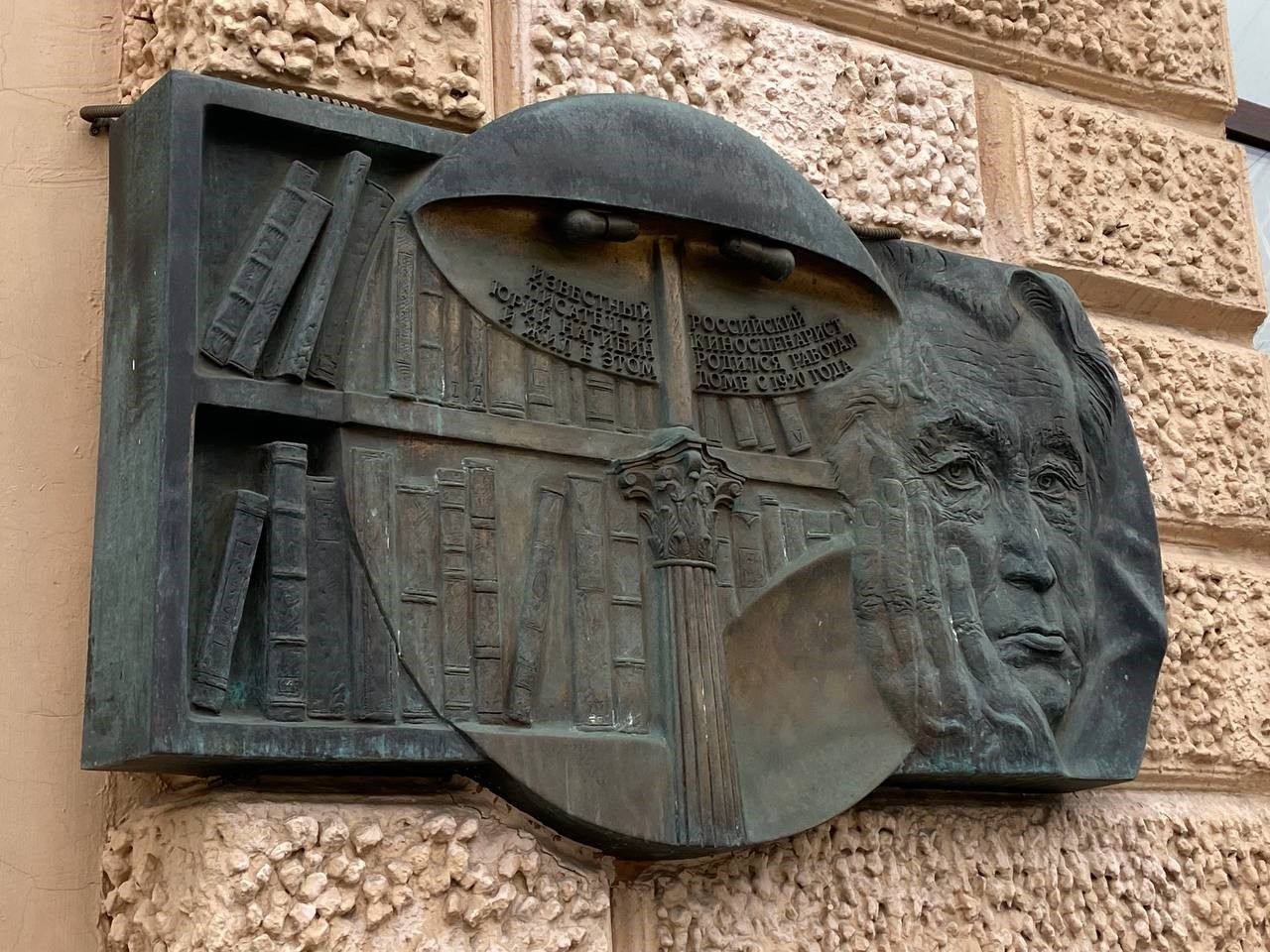Yuri Markovich
Nagibin
1920-1994

Yuri Nagibin was a Soviet and Russian writer, journalist, novelist, and screenwriter. He was born on April 3rd, 1920, in Moscow. As a child, Nagibin was fond of football and was even a member of the youth national team of Lokomotiv. However, his mother and stepfather suggested that he should try his hand at literature. Under the guidance of Yakov Rykachev, Nagibin created his first works. In 1938, Nagibin finished high school and wanted to enter Gorky Literary Institute. However, his mother convinced him to apply to a medical university. But in his first year, Nagibin transferred to the script department of VGIK. Soon after, Nagibin’s works started appearing in the Soviet press. In 1940, “Double Mistake” and in 1941, “The Whip” were published in the Ogonyok magazine. When the Great Patriotic War started, Nagibin stayed in Moscow and volunteered for the army due to his knowledge of German. He was assigned to the political directorate of the Volkhov Front and worked in the counter-propaganda department. The writer came up with slogans for propaganda leaflets and translated documents. He also conducted radio broadcasts and participated in battles on the Voronezh and Volkhov fronts. The writer received the Order of the Patriotic War II degree for his service. In 1942, Nagibin was seriously wounded and released from service due to health reasons. After that, he returned to Moscow and worked as a journalist for the Trud newspaper, where he published his stories about the war. Some of these stories were later included in the book “The Man from the Front”, which was published in 1943. After publishing the book, Nagibin became a member of the USSR Writers’ Union and continued to work as a journalist, travelling throughout the country and publishing in various newspapers. In the early 1950s, Nagibin returned to writing and continued his literary career. He published the short stories “Winter Oak”, “Chetunov’s Son”, and “Pipe”. After that, the collections “Man and the Road”, “Clean Ponds”, and “Early Spring” were released. Nagibin became one of the most popular writers of those years. Based on his works, films such as “The Night Visitor”, “Hard Happiness”, and “The Komarov Brothers” were made. The writer recalled that there were positive reviews in critical articles stating that he was finally reaching artistic maturity. Since the early 1960s, Nagibin frequently travelled to the Yaroslavl and Ryazan regions – to Meshchera and Lake Pleshcheevo. There, he interacted with locals and went hunting with them. The impressions from these trips formed the basis for the so-called “Meshchersky Cycle”: the collections “Green Bird with a Red Head” and “Chase. There Were Mescherskys”. At the same time, he wrote scripts for films. During these years, about 20 films were made based on their work: “Girl and Echo”, “Baby Kingdom”, “Chairman”, and others. The author recalled: “I started with self-screenings, which was a period of studying that was never completed in film school, mastering a new genre. Then I began working on independent scripts.” In 1964, Yuli Veit adapted Nagibin’s autobiographical stories about the Great Patriotic War. In the 1970s, Nagibin worked on a series of autobiographical short stories and novellas about his childhood, including the books “School”, “Alleys of My Childhood”, and “Summer”. He said, “My short stories and novellas are my true autobiography.” Nagibin also created works for children, such as “Stories about Gagarin”. Together with Japanese director Akira Kurosawa, he wrote the script for the film “Dersu Uzala”, based on Vladimir Arsenyev’s works “Across the Ussuri Region” and “Dersu Uzala.”. The film was released in 1975 and in 1976 it won the Academy Award for Best Foreign Language Film. In memory of Y.M. Nagibin, a memorial plaque was erected in Moscow.
Address: Moscow, Armenian Lane, 9, building 1

